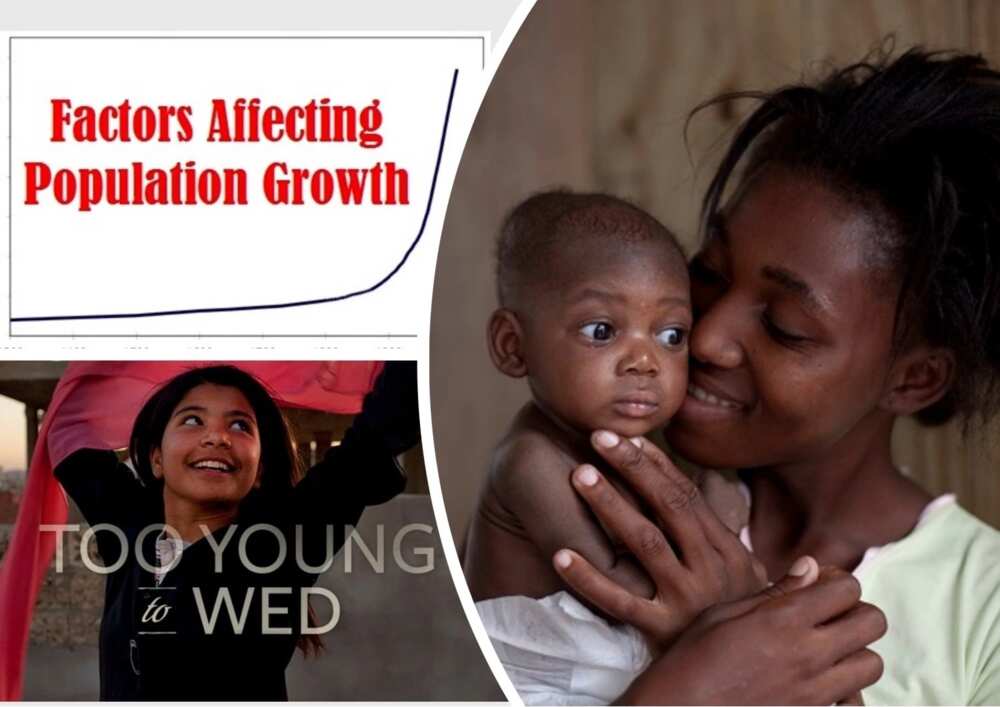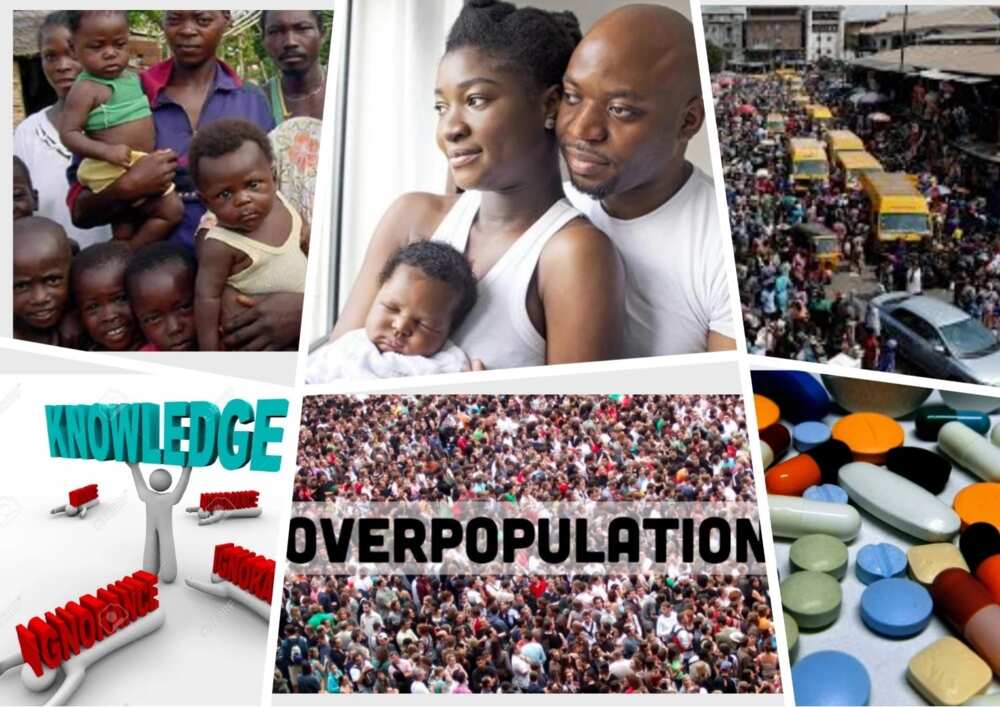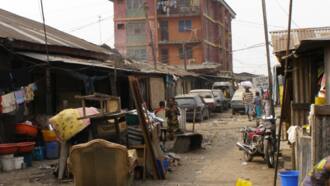Factors affecting population growth in Nigeria
Factors affecting population growth are both social and biological issues. Nigeria is one of the developing countries, whose population increased significantly during the last few years. What factors made it grow? Keep reading!

Factors affecting growth of population
Population growth is a process when the number of people rises within the measures of a particular population. Due to the growth, the community stands in need to more living space, places to work and means for daily well-being. The consumer’s demand also increases.
Nigeria population
Nigeria occupies the 7th place in the world ranking due to the number of people currently living in it. The latest research, which was done by the United Nations, shows that 197,066,199 people live in the country.
READ ALSO: Population of Nigeria by states: Latest data

What are the factors affecting population growth in Nigeria?
To treat the issue correctly, one has to define the causes of population growth first and then decide what should be done to improve the situation:
- Political. The government doesn’t provide enough facilities to control the number of people. The population keeps growing, even despite special programs that were developed to make people aware about family planning.
- Lack of knowledge about family planning. Illiteracy, strict customs and lack of knowledge on how to prevent pregnancy or build the right family efficiently influence the population.
- Health. Nigeria belongs to those countries, for which problems of Malaria and AIDs are rather common. In some way, families struggle to surviving.
- Old-age social security. If one takes a look into the past times, he will probably remember that to have many children wasn’t just a tradition. The youth was the only support for the existence of the older generation. It was the need of life: the more “helping hands” were in a family, the more possibilities for labor and life they get.
- Biological. This category is defined by the ratio between human average age and the number of children coming to replace the next generation.
- Social. These factors influence the desire to have children in general: early marriage, the tendency of a male-orientated culture (man work, women – bring the children up).
- Immigration/emigration. It is of human nature to search for better living conditions: they leave home to other places because of high-paid jobs, education matters, etc.
- Economic development and new technologies. The economic development of a certain area attracts more and more people. They move, thus forming a need to develop both social issues and infrastructure. Lots of people need a place to live in, work at, food, clothes and other goods, which relate daily needs. Increased needs form the development of the trade industry.
- Culture. Many African culture encourages marring many wives and having lots of children.
- Male-infant preference. In Nigeria, many cultures appreciate male infants rather than female. If a couple gives life to a girl, it is not a problem! They will continue the attempt until the desired result.
READ ALSO: Effects of population growth in Nigeria

READ ALSO: Causes of overpopulation in Nigeria and its consequences
Frightening overpopulation
Overpopulation is a notion, which is used to denote the state of an excessively large number of people within a certain area.
One may probably ask: “what number of people is enough?” or “How many people can adequately live and use resources? What if the demands overcome the offer?”
Population growth means that within the limited area the country will have to ensure enough resources for living: energy, food, apartments, and goods to cater for daily needs. As a result, soon one will see: lots of cars in the streets (even more than one sees now!), overuse of natural resources, environmental pollution, and degradation.
It will be adequate if the Nigerian government pay more attention to the factors affecting the population. The right decisions made will help to prevent the fast growth of population density and provide the people with conditions to live well enough. The government should think on the plan of settlement development so that people can freely live within the local environment without the need to congest the cities in search of a better life.
READ ALSO: Largest country in Africa by size and population
Source: Legit.ng



